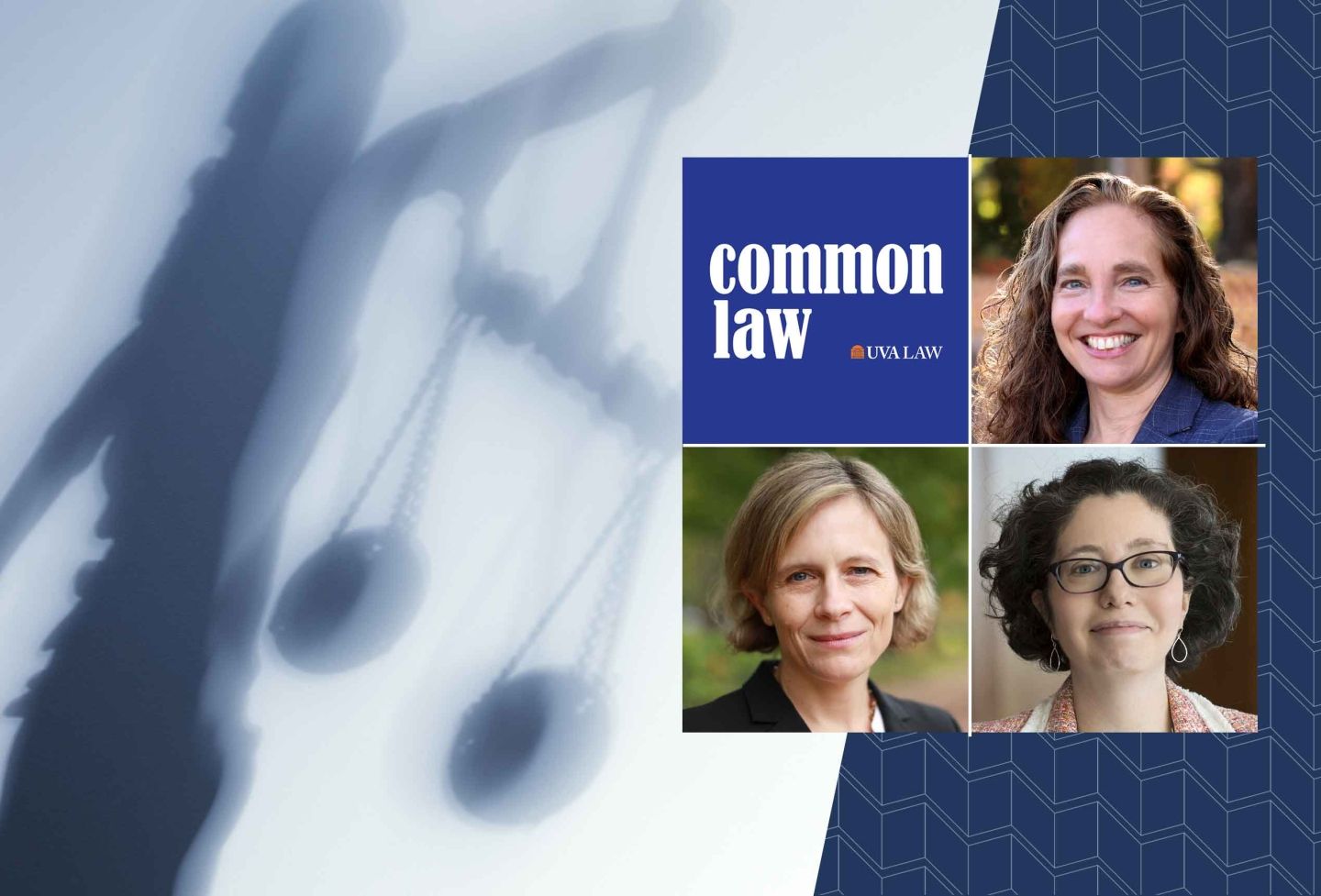A narrow ruling by the U.S. Supreme Court in the Bladensburg Peace Cross case offers a glimpse at how the court could rule on future cases but leaves some areas murky, say professors at the University of Virginia School of Law.
In American Legion v. American Humanist Association, the court ruled 7-2 that a World War I memorial featuring a large cross on public land was not in violation of the establishment clause of the First Amendment. Writings by UVA Law professor Douglas Laycock helped influence the decision.
Six justices expressed different justifications for how they decided. Three justices in three different opinions cited Laycock’s writings, which included an amicus prepared for the case.
“My amicus brief for four Christian and two Jewish groups proposed a ‘grandfathering exception’ if the court were unwilling to hold the cross unconstitutional,” Laycock said.
That reasoning appeared in the court’s opinion, noting the Texas Ten Commandments monument, which was deemed constitutional. The court limited the reach of its opinion by emphasizing the age of the Bladensburg cross:
“Retaining established, religiously expressive monuments, symbols, and practices is quite different from erecting or adopting new ones,” the court says in its opinion.
The Law School has several scholars focused on religious liberty and the separation of church and state. Professors Richard Schragger and Micah Schwartzman ’05, of UVA Law, and Professor Nelson Tebbe, of Cornell Law School, recently argued that the cross sent the message that some citizens are less valued than others.
Schragger said while the decision sheds some light, it also makes the future a little hazy.
“The majority opinion, authored by Justice [Samuel] Alito, has Justice [Stephen] Breyer’s fingerprints all over it,” Schragger said. “Breyer was first to advance a ‘grandfathering’ theory for religious displays. On this theory, old religious displays are presumptively constitutional because the passage of time drains them of religious significance and imbues them with more civic and secular meanings. What this bodes for newer government-sponsored religious displays and practices is uncertain.”
Laycock told NPR in an interview that he was relieved to learn that the court rejected the government’s argument that the cross should be viewed more universally.
“From a church-state separation perspective, this could have been much worse,” Laycock said. “The government said the cross is a universal symbol of sacrifice, which is just nonsense. And the court didn't go there. So there’s some good news here.”
Founded in 1819, the University of Virginia School of Law is the second-oldest continuously operating law school in the nation. Consistently ranked among the top law schools, Virginia is a world-renowned training ground for distinguished lawyers and public servants, instilling in them a commitment to leadership, integrity and community service.


